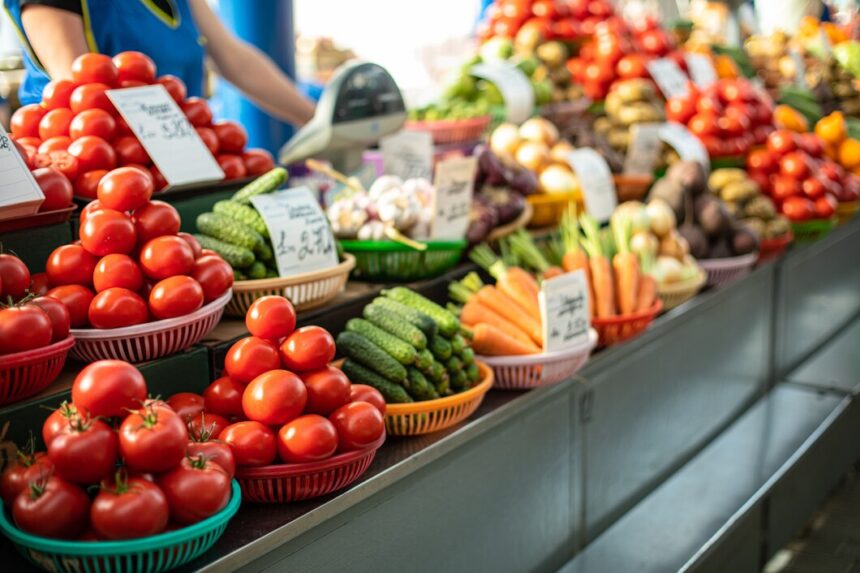Smallholder farmers in South Africa play a vital role in the agricultural sector, contributing to food security and economic development. However, they often face significant challenges in accessing markets, which hinders their ability to thrive. Here are ten ways to enhance smallholder farmer access to markets in South Africa:
- Strengthening Cooperatives and Associations
Encouraging smallholder farmers to form or join cooperatives can enhance their bargaining power. These groups can pool resources, share knowledge, and access larger markets collectively, leading to better prices and terms. - Improving Infrastructure
Investing in rural infrastructure, such as roads, storage facilities, and transport services, is essential for smallholder farmers. Improved infrastructure facilitates easier access to markets and reduces post-harvest losses. - Digital Market Platforms
Implementing digital platforms that connect farmers directly with consumers, retailers, and distributors can streamline the supply chain. Such platforms can provide information on market prices, demand trends, and logistics, enabling farmers to make informed decisions. - Access to Credit and Financial Services
Enhancing access to credit and financial services tailored to the needs of smallholder farmers can empower them to invest in production and marketing. Microloans, grants, and financial literacy programs can help farmers better manage their finances and grow their businesses. - Market Information Systems
Establishing comprehensive market information systems can help farmers understand market dynamics, including price fluctuations and demand for their products. Access to real-time data can enable farmers to make strategic decisions about when and where to sell their goods. - Training and Capacity Building
Providing training programs that focus on agribusiness skills, marketing strategies, and sustainable farming practices can empower smallholder farmers. Knowledgeable farmers are better equipped to navigate market challenges and seize opportunities. - Partnerships with Private Sector
Encouraging partnerships between smallholder farmers and private sector entities, such as retailers and processors, can create mutually beneficial relationships. These partnerships can facilitate access to larger markets and provide farmers with technical support and resources. - Government Support and Policies
Advocating for supportive government policies that promote smallholder farmers’ access to markets is crucial. This includes policies that enhance trade, provide subsidies, and promote local sourcing by government entities. - Promotion of Value-Added Products
Encouraging smallholder farmers to engage in value addition—such as processing fruits, vegetables, or dairy products—can increase their marketability. This approach not only enhances their income but also helps diversify their product offerings. - Enhancing Consumer Awareness
Increasing consumer awareness of the benefits of purchasing products from smallholder farmers can drive demand. Campaigns that promote local sourcing and the quality of smallholder produce can create a more supportive market environment.
Improving smallholder farmer access to markets in South Africa requires a multifaceted approach involving collaboration among farmers, government, private sector entities, and civil society. By implementing these strategies, smallholder farmers can enhance their market access, increase their incomes, and contribute to the overall sustainability and resilience of the agricultural sector. Supporting these farmers not only benefits them but also strengthens food security and economic stability in the region.
Join 'Farmers Mag' WhatsApp Channel
Get the latest Farming news and tips delivered straight to your WhatsApp
CLICK HERE TO JOIN






